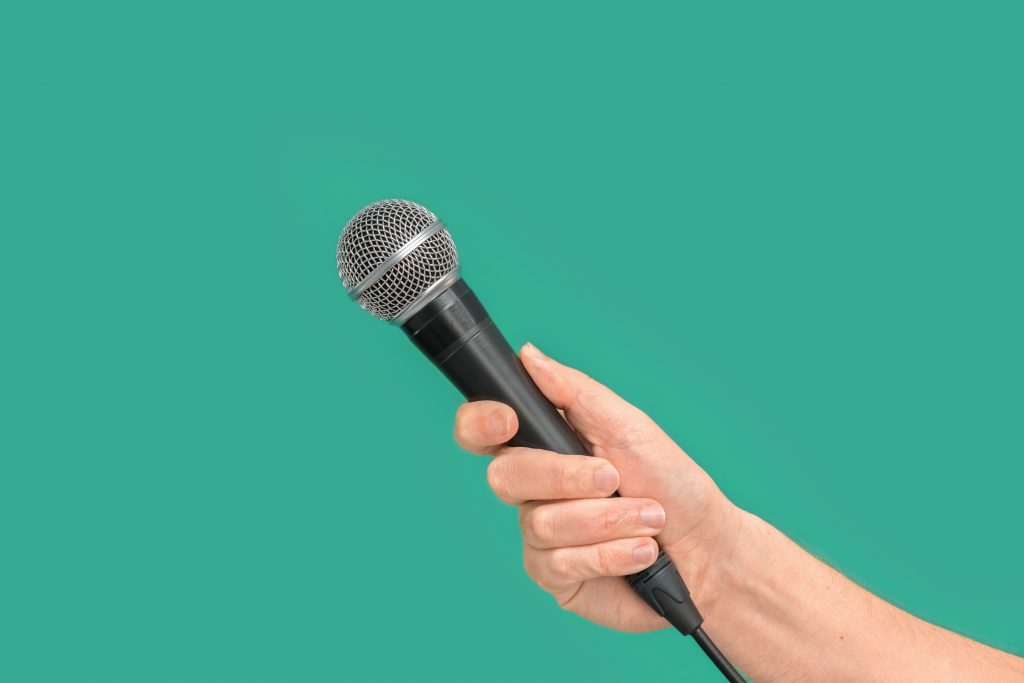Sports journalism is for women, too
3 min read
Pexels
By JENNA DAVENPORT
“Corey Cogdell, wife of Bears lineman Mitch Unrein, wins bronze in Rio” – Tim Bannon, Chicago Tribune headline, 8/8/2016
“Hopefully this skank Julie DiCaro is Bill Cosby’s next victim” – Anonymous tweet, #MoreThanMean campaign video
“No lady needs to be on ESPN talking during a baseball game specially [Jessica] Mendoza sorry” – Brooks Marlow, Twitter, 10/5/2016
Why do some men think that sports journalism is strictly a man’s profession?
Female sportscasters are constantly objectified, criticized and sneered at for simply doing their job. Women in the sports world face these adversities every day, and female sports players are no exception. Sports and coverage of those sports are historically and currently a male-dominated industry.
Now, this made sense when it was only socially acceptable for women to do a “woman’s job,” such as a stay-at- home mom or teacher. Today, however, you would expect that society has evolved to the point of equality in the professional workplace. Sadly, this is not the case. The first women involved in sports broadcasting were seen as the “pretty face” to compliment the male reporters who actually talked sports.
Jane Chastain, a woman considered to be one of the pioneering forces behind female involvement in sports journalism, started her sportscasting career in the mid-60s and was one of the first women hired by a large network like CBS in the mid-70s.
She had a background in journalism and sports broadcasting and was still ostracized because of her gender. Jane Chastain did not let this stop her. According to her official website, she continued to report for stations such as “WAGA-TV in Atlanta, WRAL-TV in Raleigh, WTVJ- TV in Miami, KABC in Los Angeles…” for 17 years. Many other women have faced similar experiences, such as Mary Garber and Phyllis George.
Chicago-based sports journalists, Julie DiCaro and Sarah Spain, are no strangers to the issues that George, Garber and Chastain faced during their careers. The only difference between the women is the era in which they are writing and how technology has made escaping rude comments unavoidable.
DiCaro and Spain participated in a campaign video produced by “Just Not Sports,” a website dedicated to discussing everything sports-related, other than sports coverage. The campaign, “#MoreThanMean,” included a video in which sports fans read degrading, objectifying, and cruel tweets that have been sent to DiCaro and Spain to their faces.
The message behind the campaign is simple: you wouldn’t say these things to anyone’s face, so why would you feel okay typing them? It forces people to reevaluate the way they think about online comments.
Many women consider these comments to be just another part of the job description to which they applied for. Yes, there are more women involved in sports journalism and broadcasting nowadays. This is a great improvement, but there is still work to be done. More women may have the ability to say that they are sportscasters, but they do not get the same respect that their male counterparts do. Sure, every writer is going to receive some rude comments or hate mail from fans that disagree with them.
However, most comments that male journalists receive do not have sexual connotations. Prominent journalists and activists in the field, such as Juliet Macur, Joanne Gertsner and Nancy Armour, have written about their experiences with the onslaught of harassment due to their profession. The content of their articles is uncomfortable and hard to read, but realizing that there is a problem is one of the first steps to solving it.
Support women in male-dominated career fields or don’t, that is up to you. But do not treat someone who takes their job seriously and is willing to fight for their love of the field like an object that you can hurl insults towards. Encourage those for simply doing what they love.











